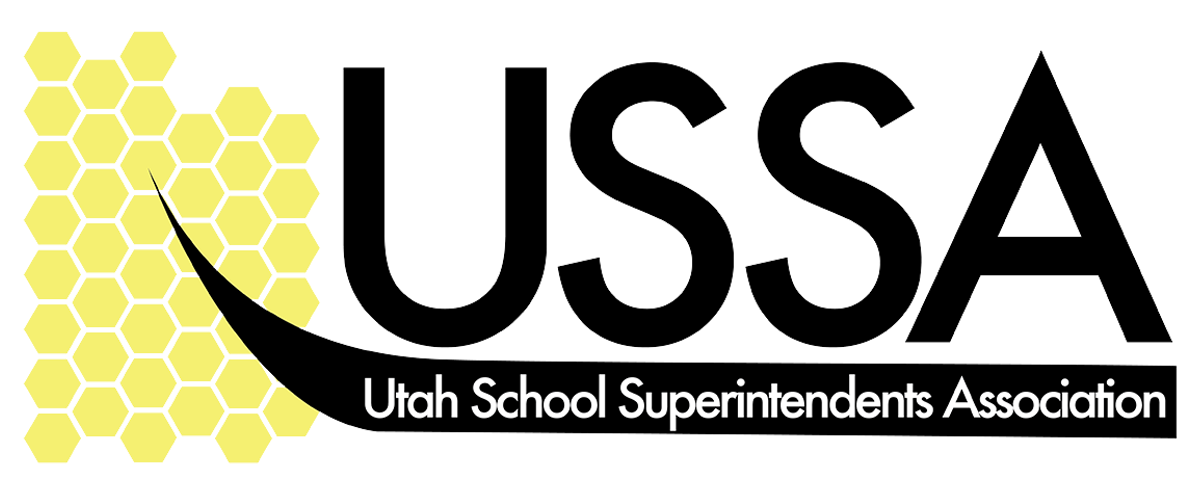The conclusion of a legislative session does not mean the end of advocacy for public education. In fact, the work of school board members advocating for students, teachers, and communities is just as critical in the months that follow. Here are some key steps school board members can take to continue their advocacy efforts year-round:
1. Connect with Legislators
Maintaining relationships with lawmakers is essential. Follow up with legislators to thank them for their support on key education issues or to express concerns about policies that may impact your district. Inviting them to visit schools in your community can provide valuable firsthand insight into the successes and challenges of public education.
2. Engage with the Community
Advocacy extends beyond legislative halls—it thrives in local communities. Keep parents, teachers, and community members informed about legislative outcomes and their impact on schools. Encourage continued engagement by hosting town halls, school board meetings, or community forums to discuss ongoing challenges and solutions.
3. Build Stronger Coalitions
Strength in numbers is key to effective advocacy. Collaborate with other school board members, district administrators, parent organizations, and local businesses to amplify the voice of public education. Partnering with advocacy groups such as the Utah School Boards Association (USBA) can help ensure a unified message and stronger influence.
4. Monitor Implementation and Impacts
New policies and funding decisions take time to be implemented. School board members should closely monitor how legislative changes affect their districts and be prepared to address any unintended consequences. Gathering data and real-world examples can be valuable for future advocacy efforts.
5. Prepare for the Next Session
Advocacy is a continuous process. Start preparing for the next legislative session by identifying priorities early. Work with district stakeholders to develop clear goals, gather relevant data, and build relationships with policymakers in the interim. Engaging in ongoing discussions with legislators before they reconvene can help shape future policies.
By remaining engaged, proactive, and collaborative, school board members can ensure that the needs of public schools remain at the forefront of legislative discussions year-round. Advocacy does not end when the session adjourns—it is an ongoing commitment to strengthening public education in Utah.

